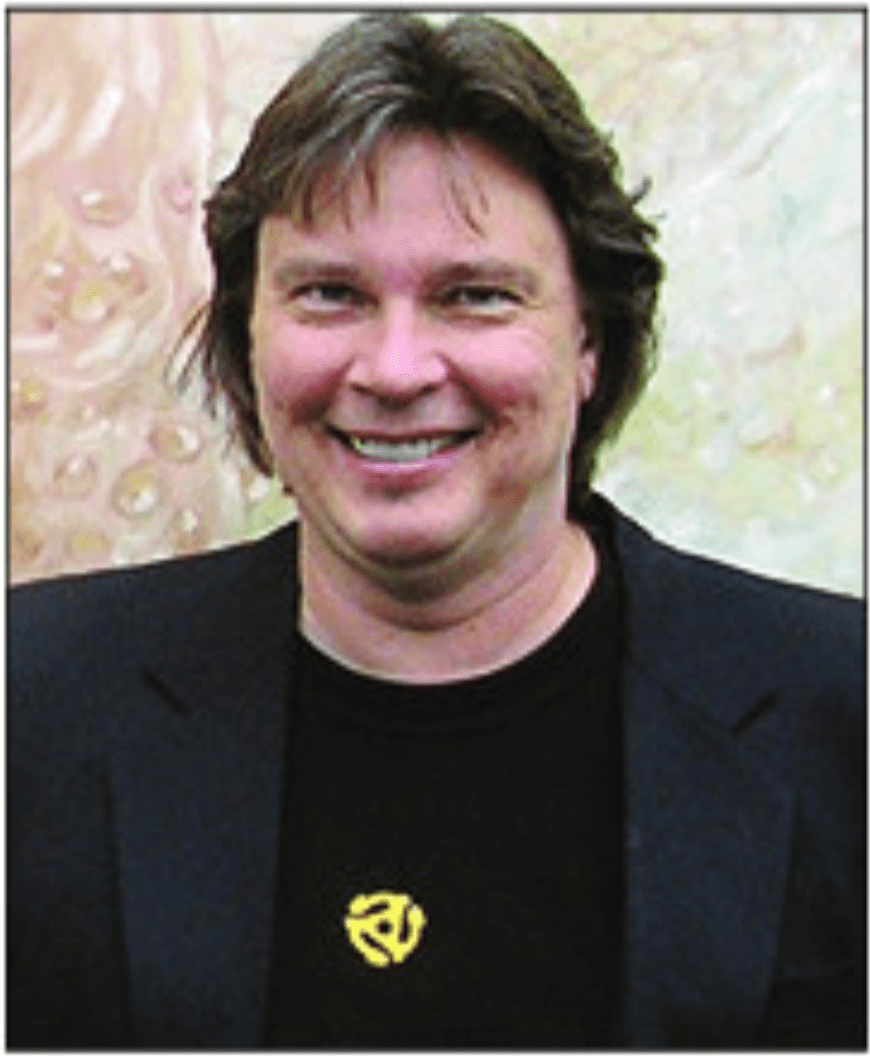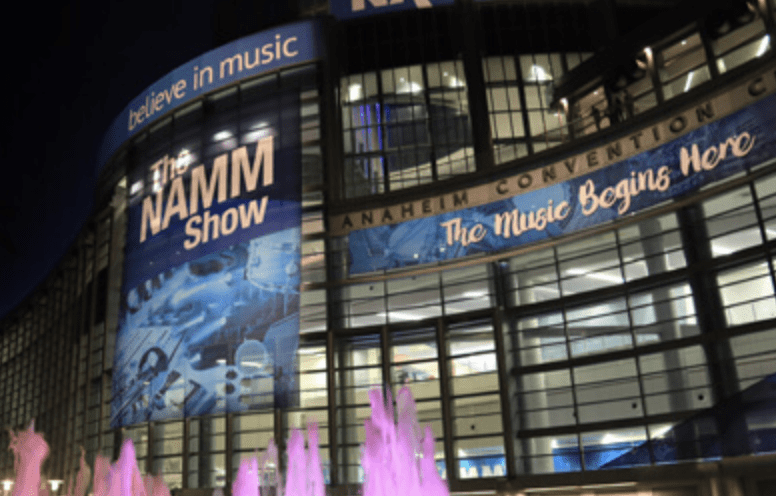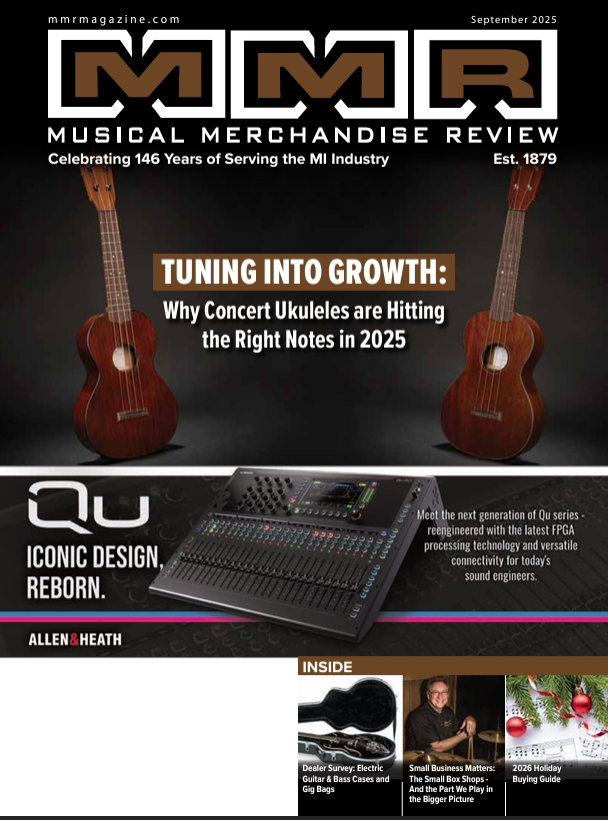 Music has been in the news a lot lately, often for all the wrong reasons. Working backwards through the year, we’re still not really over the massacre in dance club in Orlando. That came less than a week after vocalist Christina Grimmie was shot and killed in the same Florida city. Orlando certainly doesn’t have a lock on this kind of violence – the Seattle Times estimates that Americans now experience more than one mass shooting a day on average.
Music has been in the news a lot lately, often for all the wrong reasons. Working backwards through the year, we’re still not really over the massacre in dance club in Orlando. That came less than a week after vocalist Christina Grimmie was shot and killed in the same Florida city. Orlando certainly doesn’t have a lock on this kind of violence – the Seattle Times estimates that Americans now experience more than one mass shooting a day on average.
What does seem to be emerging is a trend towards these kinds of tragedies taking place in music venues. Clubs, theaters and other performance spaces have always been the site of various kinds of disasters, from the Cocoanut Grove nightclub fire in Boston in 1942 to The Station rock club fireworks blaze in West Warwick, Rhode Island, the two calamities about 60 years and 60 miles apart. More recently, the Bataclan theater in Paris was the scene of 89 deaths during a concert by the Eagles of Death Metal. Whenever you put a lot of people into a confined space, add loud music (live or otherwise), and alcohol, it’s a recipe for potential disaster. The fact that this happens tens of thousands of times every weekend all over the world with few negative outcomes beyond a hangover or a romantic breakup reminds us that we’re actually pretty good at figuring the logistics of this sort of thing out for ourselves. But what’s changing is the world around us, and those changes are going to continue to impact musicians at a greater rate in the future. It’s inevitable – those are the environments in which they dwell.
Part of Life Now
Ever since The Station I’ve never failed to take note of where the exits are in a club. I did exactly that at the Hi-Watt in Nashville the other night. It’s become ingrained and instinctual, like buckling a seat belt in the car, and it doesn’t diminish the experience of being there. But since Bataclan, I‘ve also been watching out for other things: the guy with the furtive eyes near the edge of the stage, the hand reaching into the bag in the middle of the crowd. At some point, this, too, will become second nature. Well, maybe not completely.
In the wake of Bataclan, I talked earlier this year with some of the live sound mixers who work on the road with major artists. I was surprised the extent to which that tragedy in Paris and other events had changed their habits. “In a loud concert environment with pyro and special effects, tour personnel will likely recognize that something is wrong long before the crowd will,” observed Steve Cross, who mixes front of house for Kid Rock. “It will take the public a little time to realize that [certain] noises and flashes are not a part of the show. That puts a responsibility on me as a sound engineer to take some sort of action. That might include immediately muting the PA to highlight and reveal the other things that may be happening. Band members will need to recognize that things are happening and their exit would be an excellent visual warning for a crowd that is likely still focused on them. The bottom line is that crew will likely have the first opportunity to react because in many cases we will recognize the problem first.”
His colleagues expressed similar concerns and strategies. A few, like Zito, the production manager for One Republic, and Ken “Pooch” Van Druten, FOH mixer for Linkin Park, have received certifications in CPR and first aid, and both have studied the Event Safety Alliance’s Event Safety Guide. It’s available for $49.95 through the organization’s website. A little less accessible, but definitely worth knowing about is the Secure Nightlife Venue certification program, from the International Nightlife Association (INA), intended to curb gun violence and avoid fire tragedies in music venues.
It used to be that when the club doors closed and the lights went down, the good stuff began. Now, that’s no longer a given. Musicians on stage shouldn’t have to think about this kind of thing 15 seconds before the downbeat, anymore than their fans should. But now they do. And the people who sell and repair their instruments ought to be aware of that, as well. Just as cops leaving to start a shift warn each other to “Be safe out there,” everyone in the ecosystem of live music, at every level, including where they shop, should consider doing the same.


























